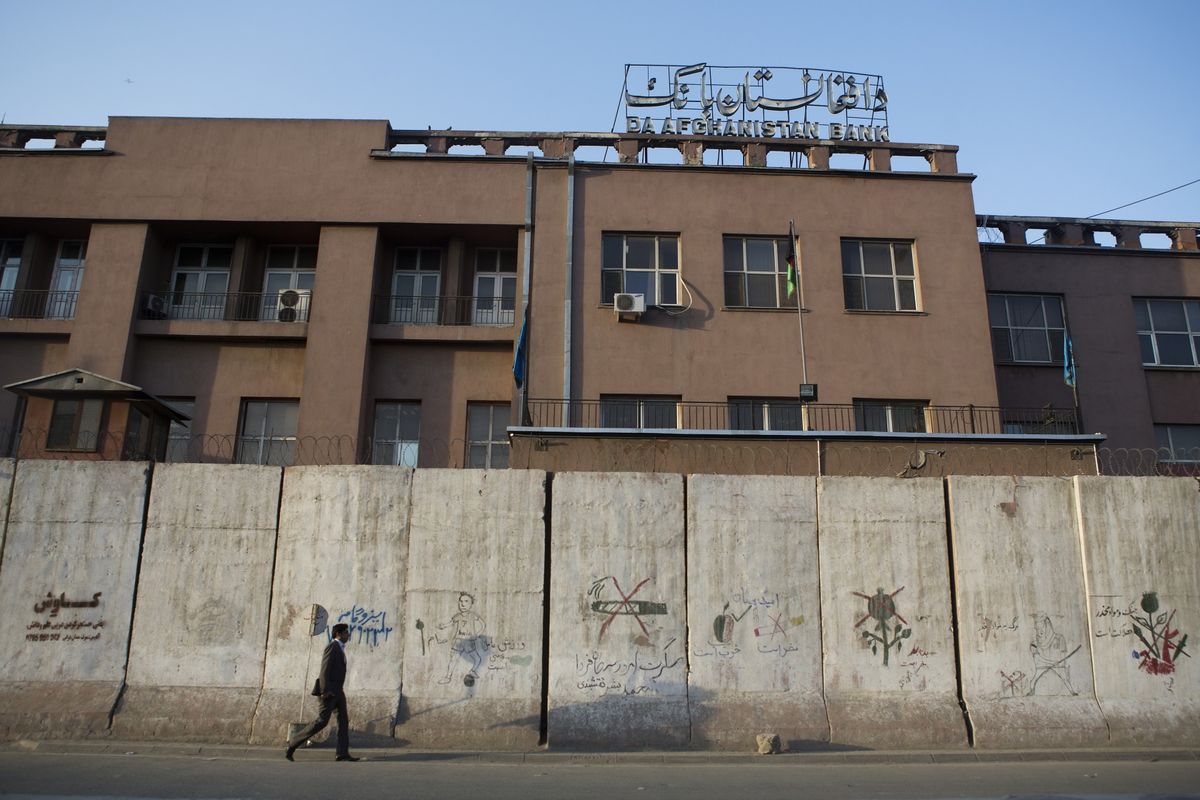“The money belongs to the Afghan nation. Just give us our own money,” Taliban finance ministry spokesman Ahmad Wali Haqmal told Reuters on Friday.
“Freezing this money is unethical and is against all international laws and values,” he added.
Haqmal said that Afghanistan would respect human rights, including the education of women, but within the framework of Islamic law, as he sought fresh funds on top of humanitarian aid that he said had offered only “small relief”.
A top central bank official has called on European countries, including Germany, to release their share of the reserves to avoid an economic collapse in Afghanistan that could trigger mass migration toward Europe.
“The situation is desperate and the amount of cash is dwindling,” Shah Mehrabi, a board member of the Afghan central bank said, warning, “Europe is going to be affected most severely if Afghanistan does not get access to this money.”
He added Afghanistan needed $150 million each month to “prevent imminent crisis”, noting that any transfer could be monitored by an auditor.
“If reserves remain frozen, Afghan importers will not be able to pay for their shipments, banks will start to collapse, food will be become scarce, grocery stores will be empty,” he stated.
According to Mehrabi, about $431 million of Afghan central bank reserves are held with German lender Commerzbank, and roughly $94 million with Germany’s Central Bank, the Bundesbank.
The Bank for International Settlements, an umbrella group for global central banks in Switzerland, holds a further approximately $660 million of Afghan reserves.
The Taliban are struggling to contain a deepening economic crisis. War-ravaged Afghanistan also needs urgent international action to support millions of people struggling with rising hunger and the collapse of services. The Taliban’s efforts to stabilize the situation have been undermined by international sanctions, as banks are running out of cash and civil servants are going unpaid.
The Taliban have already warned Western diplomats that insisting on sanctions as a means to pressure their governance could undermine security and trigger a wave of economic refugees.
Nearly $10 billion in Afghanistan’s national assets have been held by the US Federal Reserve since the Taliban laid siege to Kabul in August and overthrew a US-backed government. Deputy US Treasury Secretary Wally Adeyemo has ruled out any possibility of allowing the Taliban access to the reserves.
Under the previous government in Kabul, around 43 percent of the South Asian country’s GDP came from foreign aid, according to the World Bank. Ninety percent of the country’s population lives below the poverty line, with an income of less than $2 daily.
The Taliban took power in Afghanistan as the US was in the middle of a chaotic troop withdrawal from the country. The group announced the formation of a caretaker government in early September.
The Taliban previously ruled Afghanistan from 1996 to 2001, when the United States invaded the country on the pretext of fighting terrorism following the September 11 attacks in the US.
